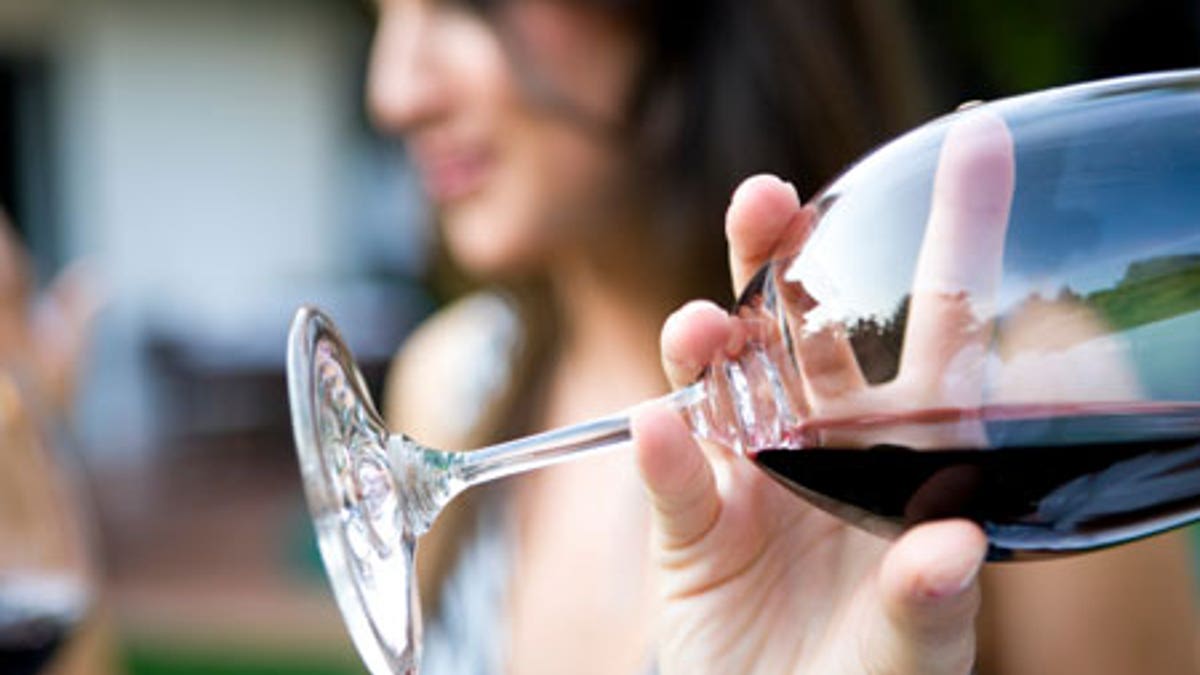
One drawback of moderate drinking could be that it keeps you up at night, a new study suggests.
When college students in the study drank relatively low doses of alcohol, they got less sleep than they did on nights when they didn't drink at all, the researchers said.
Those who drank high doses of alcohol did not experience a reduction in sleep time, but did feel tired the next day.
The study, which used wristband devices to measure how long students slept in their own beds, is the first to show alcohol consumption can reduce overall sleep time, the researchers said. Previous studies conducted in sleep labs have found alcohol consumption interferes with the second half of sleep, but not overall sleep time.
The findings add weight to the evidence that alcohol should not be used as a sleep aid, said study researcher Pierce Geoghegan, of Trinity College Dublin, in Ireland.
While alcohol does help you fall asleep, the new study shows both low and high doses can disrupt it — low doses interfere with the amount of sleep you get, and high doses interfere with the quality, Geoghegan said.
Alcohol and sleep
Geoghegan and colleagues asked 47 college students to wear wristbands called actigraphs for one week. These bands measure movements in the wrist joints, and can tell when the wearer is asleep. Participants also kept sleep diaries, and filled out questionnaires each day to record how much alcohol they drank.
During the study period, 33 participants consumed alcohol at some point and were included in the analysis.
On average, participants consumed 2.8 ounces (84 milliliters) of pure alcohol per night. That's equivalent to about four glasses of red wine, or three pints of beer.
Participants were divided into a "low dose" group (those who drank less than average), and "high dose" group (those who drank more than average).
Participants in the low-dose group got about 47 minutes less sleep overall on the nights they drank, compared with nights they did not drink, the study found. This effect was mostly due to participants waking up earlier than normal, Geoghegan said.
Participants in the high-dose group slept about 22 minutes less on nights that they drank, compared with nights they did not drink, but this result was not significant, meaning it could have been due to chance.
Why we wake up
Alcohol is thought to disrupt sleep during the second half of the night, because of what's known as a "metabolic rebound" effect. Alcohol can help you fall sleep immediately after you drink it, but as your blood alcohol level declines, you become more alert.
In people who have consumed large amounts of alcohol, the period of increased wakefulness would happen much later in the night, and might not have an effect on overall sleep, Geoghegan said.
The researchers noted participants in the study reported their own alcohol intake, which may have been inaccurate and could affect the findings.
The study was published May 17 in the journal Alcohol and Alcoholism.
Pass it on: People who consume low doses of alcohol sleep for less time than normal, a study suggests.




















